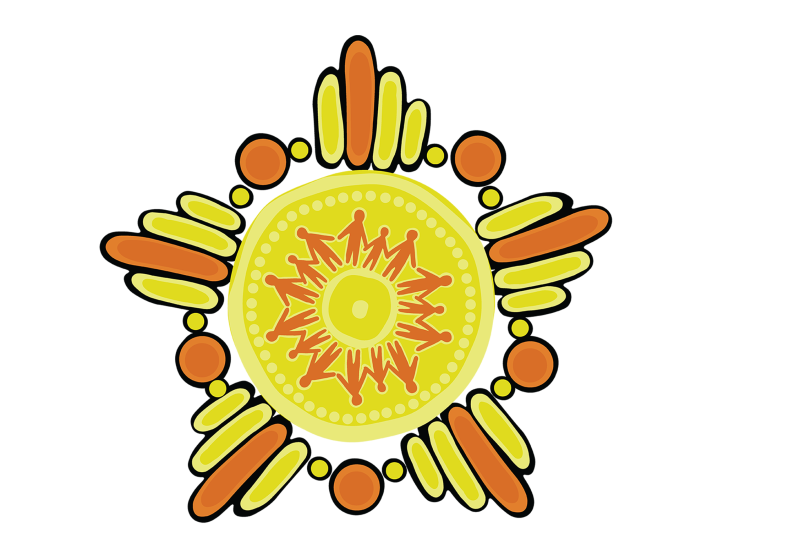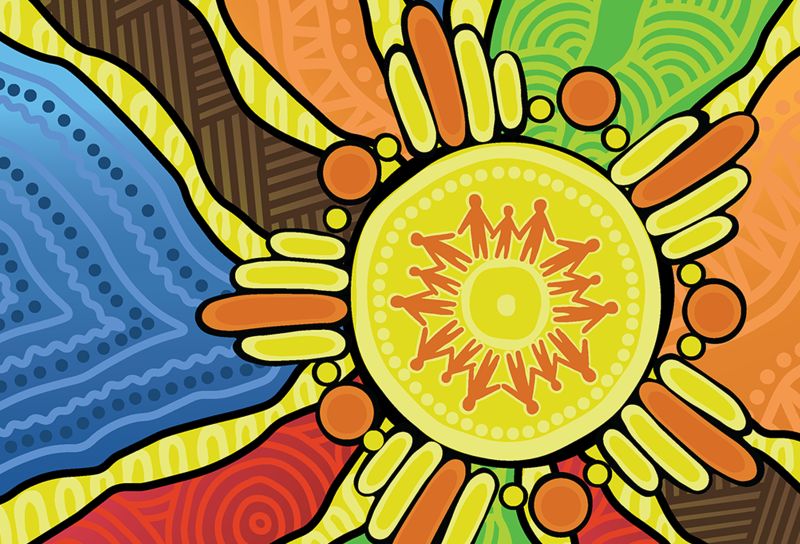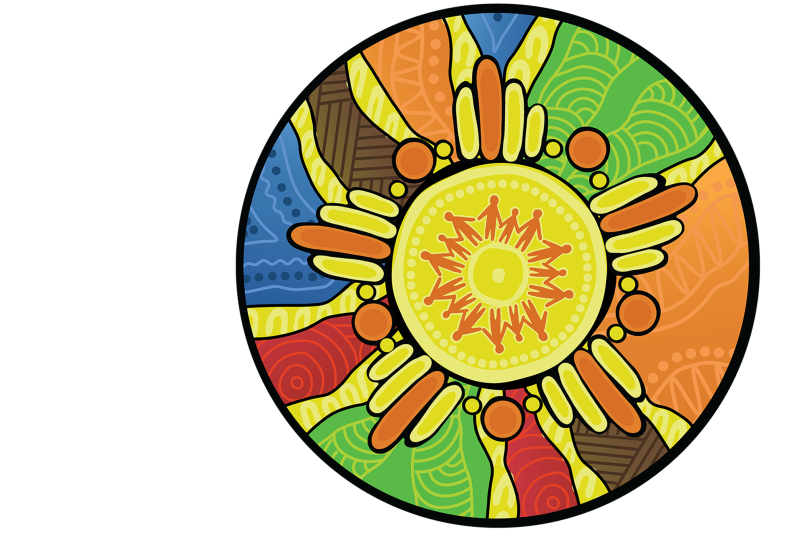About Our Ways – Strong Ways – Our Voices
National Aboriginal and Torres Strait Islander Family Safety Plan
The National Aboriginal and Torres Strait Islander Family Safety Plan (Family Safety Plan) will guide a whole of society approach to addressing the unacceptable rates of violence against Aboriginal and Torres Strait Islander women and children.
The Family Safety Plan is intended to increase the safety and wellbeing of Aboriginal and Torres Strait Islander women and children. It will do this by setting the future direction of all government action in the family, domestic and sexual violence (FDSV) service system under the National Agreement on Closing the Gap 2020-2030, Target 13. Target 13 states that by 2031, the rate of all forms of family violence and abuse against Aboriginal and Torres Strait Islander women and children is reduced by at least 50%, as progress towards zero.
This standalone Family Safety Plan will be the first of its kind.
The Family Safety Plan is the result of decades of advocacy and work from Aboriginal and Torres Strait Islander women, communities and services to address the complex issue of FDSV. These voices have long been calling for a national plan dedicated to the safety of Aboriginal and Torres Strait Islander women and children. This need for dedicated policy and investment has been repeated for many years in national inquiries, reports, and national consultations.
Development of the Family Safety Plan will involve broad engagement that supports genuine partnership and shared decision-making. The process will involve a public submissions process, as well as targeted engagements with people who have experienced FDSV, children and young people, and services.

Who is involved?
The Australian Government Department of Social Services has engaged SNAICC to design and develop the Family Safety Plan under the guidance of the Steering Committee.
The Family Safety Plan will be developed in partnership with Aboriginal and Torres Strait Islander communities, the National Aboriginal and Torres Strait Islander Family Safety Steering Committee (the Steering Committee), Aboriginal and Torres Strait Islander community-controlled organisations (ACCOs) sector, and federal, state and territory governments.
The development of the Family Safety Plan is being overseen by a Steering Committee comprised of 24 members appointed by the Minister for Social Services. There are 12 non-government Aboriginal and Torres Strait Islander representatives, two Commonwealth representatives, eight State and Territory representatives, and the Domestic, Family and Sexual Violence Commissioner and the Aboriginal and Torres Strait Islander Social Justice Commissioner.
The Family Safety Plan development process
Engagement
The Family Safety Plan will be shaped by the voices and views of Aboriginal and Torres Strait Islander Peoples.
The Family Safety Plan will address family in a First Nations context and acknowledge the diversity within our families. It aims to elevate the voices of the diverse experiences of our people.
Our Ways – Strong Ways – Our Voices: National Aboriginal and Torres Strait Islander Family Safety Plan Engagement is the title of the engagement phase of the Family Safety Plan’s development. Engagement is centred around the voices of those with lived experience across specific cohort groups, recognising the increased complexity of intersectionality of many of these groups within our communities.
Our team will also focus engagement with the ACCO sector that are experts in supporting our people to address violence and find safety and healing. The Family Safety Plan will use knowledge from earlier consultations and research. All contributions are valued in this process, and we aim to hear from people who may not have been asked for their opinion before in other government consultations.
Principles for engagement:
- Community with lived experience: focus on conversations of safety
- Aboriginal and Torres Strait Islander community-controlled organisations and services sector: focus on conversations of barriers and enablers
- government: focus on accountability and systemic change
- public submissions: open to everyone
The Family Safety Plan will draw on knowledge from earlier consultations and research and we aim to hear from people who may not have previously been asked for their opinion in other government consultations.
Public submissions
Public submissions were open until 11.59pm AEST, Monday 4 November 2024.
The process welcomed written and audio contributions, guided by optional questions and a discussion paper.
If you have questions about the submissions process, please contact familysafetyplan@snaicc.org.au.
Building the evidence base
The evidence base for the Family Safety Plan will be built through the engagement outlined above as well as a review and analysis of relevant research, evidence, policies, legislation and government data alongside an examination of existing system responses and good and promising practices.
Find out more about Public Submissions
Description of artwork
Unified Strength: Building a Network of Family Safety
Safety is one of the core fundamentals of individual, family, and community life. Family safety specifically requires a network of support from different layers and levels of community(s), agencies and sectors.
The illustration depicts the strength of the varying layers and levels coming together to build and grow a network of family safety across Australia and is represented through various geographical locations and settings. The colours chosen represent both the land and sea and acknowledges both Aboriginal and Torres Strait Island people.
The focus of this piece is at the centre with the joining of different people, experiences and needs, coming together surrounded by supports to show strength and unity for a safer, stronger community.
Help and support
If you or someone close to you is experiencing, or at risk of experiencing immediate danger, please call Triple Zero (000).
For information, family, domestic and sexual violence services, support and counselling, you can contact:
13 YARN | Support line for mob who are feeling overwhelmed or having difficulty coping. Available 24/7. | 13 92 76 |
1800RESPECT | National domestic, family and sexual violence counselling, information and support service. This service is free, confidential and available 24 hours a day, 7 days a week. | 1800 737 732 |
Brother to Brother Crisis Support Line | Brother to Brother is Australia’s first 24-hour hotline assisting Aboriginal men, staffed by Aboriginal men, including Elders, to promote a culturally safe service. Available 24/7. | 1800 435 799 |
Thirrili Postvention Response Service | Indigenous Suicide Postvention Response Service supporting individuals, families and communities affected by suicide or other significant trauma. Available 24/7. | 1800 805 801 |
Contact
Contact SNAICC at familysafetyplan@snaicc.org.au if you would like to speak to someone about the Family Safety Plan.

